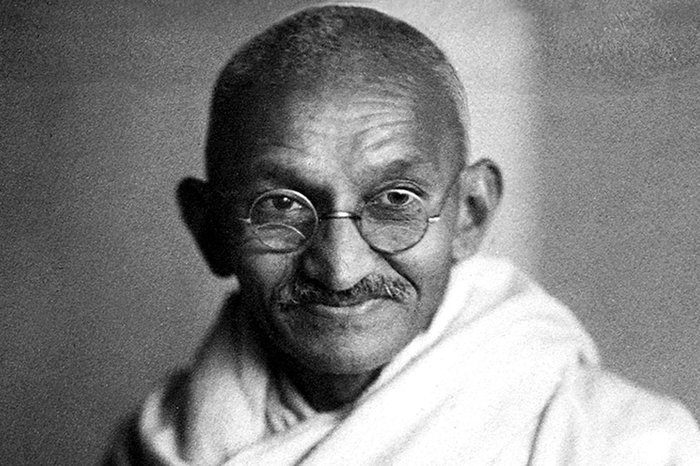“While walking through the gardens to this evening’s prayer meeting, Mr. Gandhi had just reached the top of a short flight of brick steps, his slender, brown arms around the shoulders of his granddaughters, Manu, 17, and Ava, 20.
Someone spoke to him and he turned from his granddaughters and gave the appealing Hindu salute — palms together and the points of the fingers brought to the chin as in a Christian attitude of prayer.
At once a youngish Indian stepped from the crowd — which had opened to form a pathway for Mr. Gandhi’s walk to the pergola — and fired the fatal shots from a European made pistol. One bullet struck Mr. Gandhi in the chest and two in the abdomen on the right side. He seemed to lean forward and then crumpled to the ground.
The assassination of Mahatma Gandhi, the father of the nation, sent waves of shock and grief across a newly-independent India and beyond. Gandhi, who in the last months of his life was deeply pained by the communal violence that had overtaken the subcontinent, had for several decades led India to a non-violent struggle against the British.
After Mahatma Gandhi’s assassination on 30 January 1948, a grief-stricken Prime Minister Jawaharlal Nehru told the nation: “[T]he light has gone out of our lives, and there is darkness everywhere, and I do not quite know what to tell you or how to say it. Our beloved leader, Bapu as we called him, the father of the nation, is no more . . . we will not see him again, as we have seen him for these many years, we will not run to him for advice or seek solace from him, and that is a terrible blow, not only for me, but for millions and millions in this country.”
